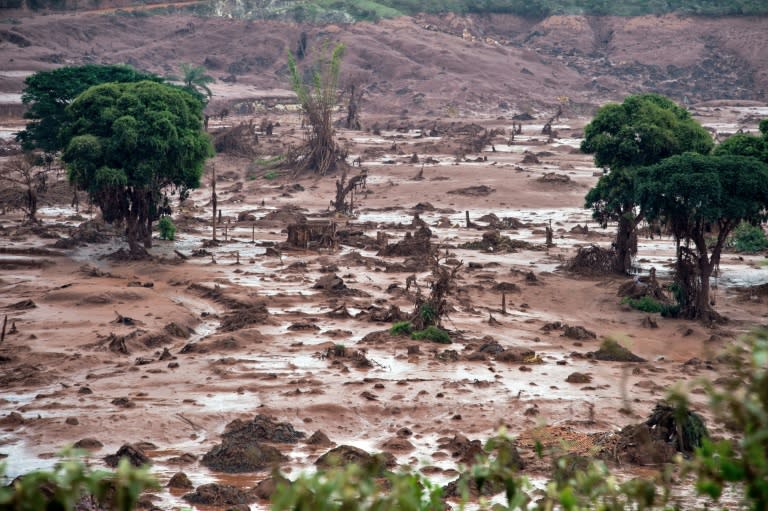BHP chair to step down after managing Brazil mine disaster
BHP Billiton chairman Jac Nasser is to step down next year after delaying his departure from the world's biggest miner to take charge of the fatal Brazil mine collapse. Nasser, 68, who has headed up the Anglo-Australian firm since 2010 and been on its board for a decade, said he would not seek re-election as chairman at next year's annual meeting. No successor was announced. "Last year, I had intended to announce my retirement from the board. However, the board believed it was important that I continue on as chairman to provide stability as we responded to Samarco (mine collapse)," Nasser told shareholders at the company's annual meeting in London on Thursday. "Now that the basic structure of the Samarco response is in place, the findings of the expert panel have been published, the compensation and remediation programmes have been initiated, and with BHP Billiton in robust shape, I have decided that I will not seek re-election at next year's AGM." The news came as Brazilian federal prosecutors Thursday announced homicide charges against 21 people including senior mining executives over the collapse of the Samarco mine dam, where 19 lives were lost in the South American nation's worst environmental disaster. Samarco -- which is co-owned by BHP and Brazilian mining giant Vale -- is also facing billions of dollars in legal claims for clean-up costs and damages. Nasser, a former chief executive of US automaker Ford, presided over a cost-cutting drive at BHP amid plunging commodity prices and cooling demand from China, the world's largest commodities consumer. He also oversaw the move to create a new independent company, South32, by spinning-off BHP's non-core assets including aluminium, manganese, silver and selected coal and nickel operations. The demerger was aimed at allowing BHP to focus on its core long-life operations -- iron ore, copper, petroleum, coal and potash -- which generate most of its profit. BHP in August reported an annual net loss of US$6.39 billion, its worst-ever result, on the back of the Brazil disaster and weak commodity prices. But with commodity prices on the rebound, the company's share price -- which had taking a battering -- has strengthened in recent months. Shares in BHP were up 0.83 percent to Aus$23.03 in mid-day trade in Sydney Friday.



